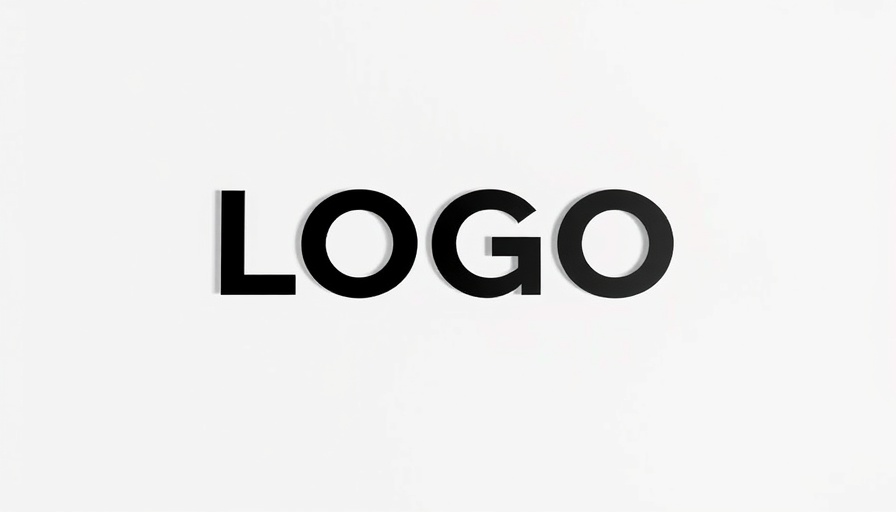
Canadian EV Buyers' Enthusiasm Wanes as iZEV Rebate Paused
The indefinite pause in Canada’s Incentives for Zero Emissions Vehicles (iZEV) rebate program has ignited concern among potential EV buyers. The latest J.D. Power study reveals that while interest in electric vehicles remains fairly stable, the seriousness of potential buyers has taken a noticeable hit, reflecting a growing uncertainty about the future of this market.
Understanding the Impact of the iZEV Rebate Suspension
According to J.D. Power’s 2025 Canada Electric Vehicle Consideration Study, 28% of new-vehicle shoppers indicated they would consider an EV for their next purchase. While this figure reflects only a slight drop from the previous year, it underscores a more significant trend: 42% of those contemplating an electric vehicle reported that the elimination of the $5,000 rebate would negatively impact their purchasing decisions.
Interestingly, the study conducted on 3,979 new-vehicle shoppers between March and April indicates a stark contrast between Quebec and the rest of Canada. EV consideration decreased by 8 percentage points in Quebec, correlating with a temporary halt of incentives, while in other regions, it marginally rose by 2 points.
What the Numbers Say about EV Confidence
Despite the overall stability in interest levels, confidence in meeting governmental targets for zero-emission vehicles is remarkably low. A staggering 75% of Canadians surveyed expressed skepticism about Canada's goal of achieving 100% zero-emission vehicle sales by 2035. This disconnect between consumer interest and confidence in execution signals an urgent need for policy re-evaluation.
The Shifting Landscape of EV Brands
Consumer preferences are evidently shifting as well. Once a dominant force in the electric vehicle market, Tesla has seen a sharp decline in appeal, plummeting from the second most-considered EV brand in 2024 to eighth place this year. Instead, traditional automakers like Hyundai, Kia, and Toyota are gaining traction, reflecting a reassessment among buyers who may now prioritize established brands over newer entrants like Tesla.
Counterarguments: Looking Beyond the Rebate
While the halt in rebates is certainly a focal point for many potential buyers, it is critical to explore the broader perspectives in the automotive industry. Some experts argue that the market is naturally evolving, suggesting that the increasing presence of electric models from traditional auto manufacturers might be enough to sustain consumer interest regardless of government incentives. This could lead to a more competitive environment that benefits buyers in the long run.
Recommendations for Dealerships in This Changing Landscape
As the EV market continues to undergo significant shifts, dealerships need to adapt strategically. Firstly, showcasing the advantages of electric vehicles, such as lower maintenance costs and higher energy efficiency, becomes paramount. Secondly, staying informed about government policies and potential changes in incentives will allow dealerships to guide buyers effectively and manage expectations.
Decisions You Can Make With This Information
For dealership owners and general managers, understanding the motivations and hesitations of potential buyers is crucial. Engaging customers with transparent discussions about the benefits of EV ownership, in the face of fluctuating rebates, can empower decision-making. Furthermore, investing in educational resources about EV technology may differentiate your dealership and build trust among consumers.
In conclusion, while the temporary pause of the iZEV rebate program is disheartening for many Canadian consumers, it also presents an opportunity for dealerships to innovate their sales strategies and engage more profoundly with an evolving customer base. Stay ahead of the curve and tailor your offerings to meet emerging consumer preferences.
For more actionable insights tailored to staying competitive in today's evolving marketplace, be sure to subscribe to our updates.
 Add Row
Add Row  Add
Add 

 Add Row
Add Row  Add Element
Add Element 




Write A Comment